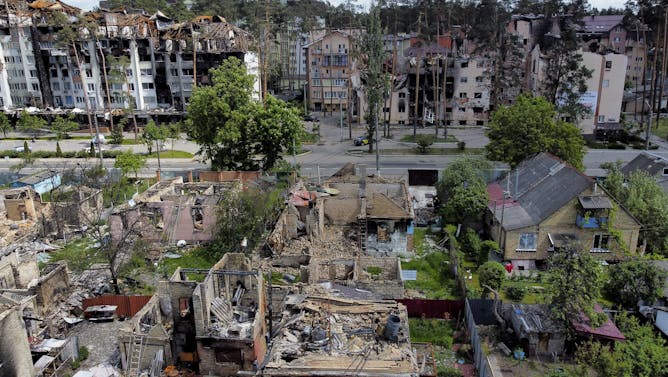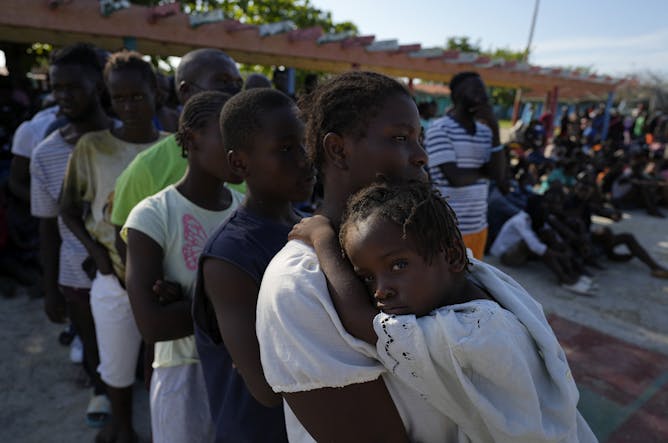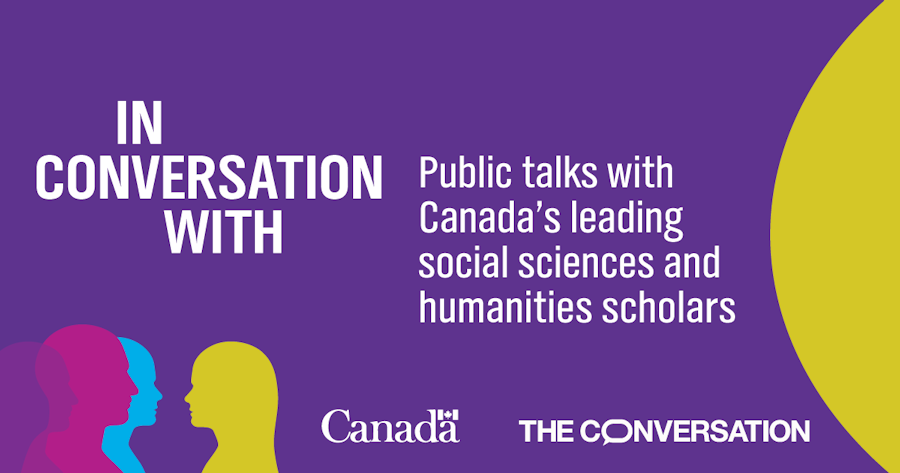|
When you think of diamonds, you might think: romance, marriage proposals and maybe even Marylyn Monroe’s 1953 rendition of, “Diamonds are a Girl’s Best Friend.” It’s no accident we think this way, a century of marketing has convinced us that diamonds symbolize love.
Since the first diamond mine opened here in 1998, Canada has become the third-largest diamond producer in the world. Glossy magazine ads celebrate the “purity” of northern Canadian diamonds as an ethical alternative to conflict diamonds.
But according to our two guests on today’s episode of Don’t Call Me Resilient, Rebecca Hall from Queen’s University and Della Green, former Victim Services Coordinator, at The Native Women’s Association of the Northwest Territories, this marketing strategy hides enormous social problems. Including some of Canada’s highest rates of violence against women.
The story our guests tell is not one of numbers. Instead, they’re sharing narratives gathered and collected through interviews and sharing circles about how lives have changed after the mines opened.
Also today:
All the best.
|

|
Vinita Srivastava
Host + Producer, Don't Call Me Resilient | Senior Editor, Culture + Society
|
|

A miner is silhouetted as he passes through a doorway in a mine shaft 100 feet below the surface at the Giant Mine near Yellowknife, N.W.T. in July, 2003.
THE CANADIAN PRESS/Adrian Wyld
Vinita Srivastava, The Conversation
In today’s episode, we hear from two women who talk about how diamond mines in the Northwest Territories have negatively impacted women and girls and perpetuated gender violence.
|

Johnny Depp waves to supporters as he departs the Fairfax County Courthouse on May 27, 2022.
(Craig Hudson/AP Photo)
Alexandra Lysova, Simon Fraser University
I’m certain this case will continue to be discussed in the media and academia and will continue to shape society’s understanding of the complexities of intimate partner violence.
|

Damaged buildings ruined by attacks are seen in Irpin, on the outskirts of Kyiv, Ukraine in May 2022.
(AP Photo/Natacha Pisarenko)
Yvonne Su, York University, Canada
Third-country nationals are left powerless in the face of bureaucracies of asylum with only the help of others in the same situation.
|

Prime Minister Justin Trudeau walks in Toronto’s Pride parade in June, 2019.
THE CANADIAN PRESS/Chris Young
Cameron Greensmith, Kennesaw State University
Decolonial work is necessary. Queer people, communities and organizations have a responsibility to work toward undoing historical and contemporary wrongs.
|

Concrete and asphalt roads, and other built materials readily absorb, store and release heat, raising city temperatures, a phenomenon called the urban heat island.
(Pixabay)
Lingshan Li, Concordia University
During heatwaves, the highest temperatures are often found in urbanized areas. Small green spaces are often overlooked as a way to cool urban areas.
|

Haitians wait to be processed and receive medical attention at a tourist campground in Cuba in May 2022. A vessel carrying more than 800 Haitians trying to reach the United States wound up on the coast of central Cuba instead.
(AP Photo Ramon Espinosa)
Luisa Farah Schwartzman, University of Toronto
The UN refugee convention’s first protected category is race. Yet the current refugee system does not protect Haitians from racism and its consequences.
|
La Conversation Canada
|

Un mémorial a été installé pour Amir Benayad, 17 ans, et d'autres victimes de fusillades, dont Meriem Boundaouia, près une veillée et une manifestation contre la violence armée à Montréal, le 16 janvier 2022.
La Presse Canadienne/Graham Hughes
Irvin Waller, L’Université d’Ottawa/University of Ottawa
Les approches punitives ne sont pas efficaces pour réduire la violence armée. De nombreuses études scientifiques montrent que la prévention en amont est le moyen le plus efficace et le plus rentable.
|
Ukraine Invasion
|
-
Stefan Wolff, University of Birmingham; Tatyana Malyarenko, National University Odesa Law Academy
Peace between Russia and Ukraine will not be the end of the global crisis, say experts.
|
|
Arts
|
-
Ben McCann, University of Adelaide
E.T. is a movie with a heart. The special effects are minimal. What counts is the story, and the boy and his friend at its centre.
|
|
Business + Economy
|
-
Naresh R. Pandit, University of East Anglia
Selling assets and shedding staff is not the a recipe for survival.
|
|
Politics
|
-
Michael J. Klein, New York University
Analysis of the 10 years in which the US banned sales of assault weapons shows that it correlates with a drop in mass shooting deaths – a trend that reversed as soon as the ban expired.
|
|
|
|
| |
| |
| |

|
| |
| |
| |
| |
| |
| |
|
|